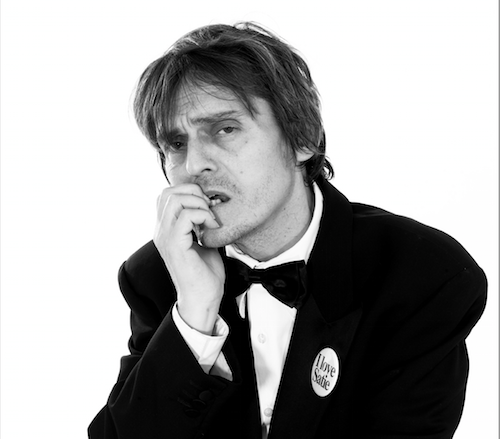As the diplomatic stand-off between the United States and Cuba reaches its fifty-fifth year, an anxious audience packed into 61 Local in Brooklyn, New York to hear from Cuban writer Leonard Padura and his translator, Anna Kushner.
Online translation journal Words Without Borders gathered Padura, Kushner, and writer-editor Jonathan Blitzer to discuss the recently released Padura novel The Man Who Loved Dogs (Farrar, Strauss & Giroux 2013), translated by Kushner. The evening included a reading by Padura in the original Spanish, followed by Kushner reading the same passage in English. READ MORE…




